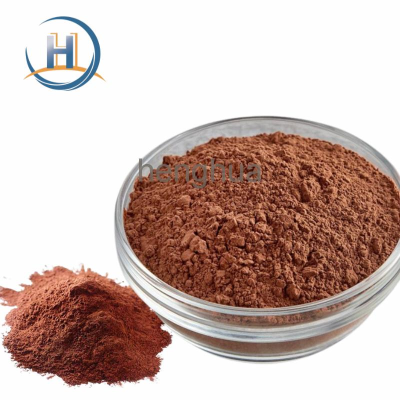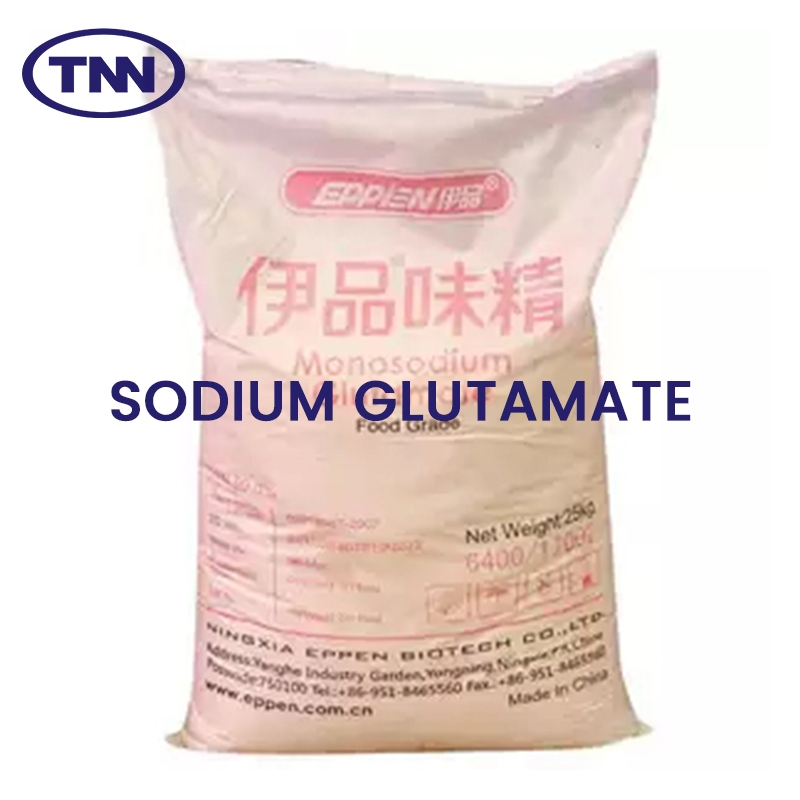-
Categories
-
Pharmaceutical Intermediates
-
Active Pharmaceutical Ingredients
-
Food Additives
- Industrial Coatings
- Agrochemicals
- Dyes and Pigments
- Surfactant
- Flavors and Fragrances
- Chemical Reagents
- Catalyst and Auxiliary
- Natural Products
- Inorganic Chemistry
-
Organic Chemistry
-
Biochemical Engineering
- Analytical Chemistry
-
Cosmetic Ingredient
- Water Treatment Chemical
-
Pharmaceutical Intermediates
Promotion
ECHEMI Mall
Wholesale
Weekly Price
Exhibition
News
-
Trade Service
Recently, the Tobacco Research Institute of the Chinese Academy of Agricultural Sciences and the Tobacco Industry Microbial Organic Fertilizer Engineering Technology Research Center used fungus bran, prickly ash seed oil and biochar as the main raw materials, and added biocontrol Bacillus and Trichoderma for co- fermentation to obtain tobacco rhizomes.
The microbial fertilizer with better control effect on disease was revealed, and the mechanism of biocontrol bacteria regulating compost fermentation substances and microbial community succession was revealed.
The relevant research results were published in "Bioresource Technology"
.
The microbial fertilizer with better control effect on disease was revealed, and the mechanism of biocontrol bacteria regulating compost fermentation substances and microbial community succession was revealed.
The relevant research results were published in "Bioresource Technology"
.
Mushroom bran is a discarded medium component after mushroom cultivation.
It is often used as waste because it is easy to carry pathogenic bacteria
.
The prickly ash seed oil meal is also the waste after oil extraction
.
Studies have shown that adding microbial co-fermentation to compost can regulate microbial activity and promote organic matter transformation
.
However, the effects of biocontrol additions on compost metabolites and pathogenic microorganisms, and their relationship to nutrient transformation and microbial communities, remain unclear
.
It is often used as waste because it is easy to carry pathogenic bacteria
.
The prickly ash seed oil meal is also the waste after oil extraction
.
Studies have shown that adding microbial co-fermentation to compost can regulate microbial activity and promote organic matter transformation
.
However, the effects of biocontrol additions on compost metabolites and pathogenic microorganisms, and their relationship to nutrient transformation and microbial communities, remain unclear
.
The results of the study showed that composting reduced the diversity of pathogenic fungi in the waste material, and no contaminating metabolites were detected in mature compost with the addition of biocontrol bacteria
.
The addition of biocontrol Bacillus Tpb55 and Trichoderma HG1 to the fungus bran-prickly ash seed oil meal compost promoted the conversion of organic carbon and nitrogen, and increased the levels of amino acids, carbohydrates and alkaloid metabolites with bacteriostatic effects in the compost
.
Network analysis yielded some microbial species that were significantly associated with alkaloid metabolites
.
Comprehensive analysis showed that the increase of bacterial abundance and the decrease of nitrate nitrogen and total organic carbon were the main reasons for the increase of amino acid and alkaloid metabolites after biocontrol treatment
.
Biocontrol bacteria mainly affect the bacterial abundance and diversity in compost by regulating the conversion of compost organic matter and the metabolism of amino acids and carbohydrates
.
The research results provide a new detection index for waste composting, which is of great significance for evaluating the environmental risk of waste fermentation and promoting green tobacco control
.
.
The addition of biocontrol Bacillus Tpb55 and Trichoderma HG1 to the fungus bran-prickly ash seed oil meal compost promoted the conversion of organic carbon and nitrogen, and increased the levels of amino acids, carbohydrates and alkaloid metabolites with bacteriostatic effects in the compost
.
Network analysis yielded some microbial species that were significantly associated with alkaloid metabolites
.
Comprehensive analysis showed that the increase of bacterial abundance and the decrease of nitrate nitrogen and total organic carbon were the main reasons for the increase of amino acid and alkaloid metabolites after biocontrol treatment
.
Biocontrol bacteria mainly affect the bacterial abundance and diversity in compost by regulating the conversion of compost organic matter and the metabolism of amino acids and carbohydrates
.
The research results provide a new detection index for waste composting, which is of great significance for evaluating the environmental risk of waste fermentation and promoting green tobacco control
.
The research was funded by the Science and Technology Innovation Project of the Chinese Academy of Agricultural Sciences, the Shandong Province Major Agricultural Application Technology Innovation Project, and the China National Tobacco Corporation's Green Prevention and Control Major Science and Technology Project
.
.
Original link: https://doi.
org/10.
1016/j.
biortech.
2022.
126913
org/10.
1016/j.
biortech.
2022.
126913







